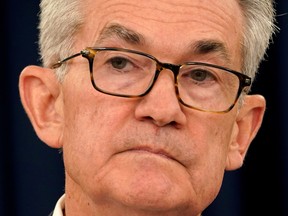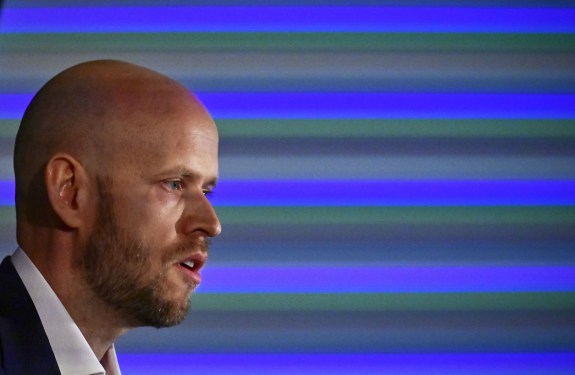Federal Reserve Chairman Jerome Powell has reiterated the case for interest rate cuts amid increased economic risks, echoing his previous comments following the Federal Open Market Committee (FOMC) meeting. Powell stated that the downside risks to the U.S. economy have increased recently, reinforcing the need for somewhat lower interest rates.
Crosscurrents and Economic Uncertainty
In his remarks to be delivered at the Council on Foreign Relations in New York, Powell highlighted the emergence of crosscurrents that have reemerged, with apparent progress on trade turning to greater uncertainty. He also noted that incoming data is raising renewed concerns about the strength of the global economy.
FOMC Participants and Interest Rate Cuts
Powell’s comments were consistent with his previous remarks last week following the FOMC meeting. He stated that many FOMC participants judge that the case for somewhat more accommodative policy has strengthened. This sentiment is building a consensus among investors and analysts that the Federal Reserve will cut interest rates in coming months, driven by trade disputes affecting the global economy.
Powell’s Emphasis on Central Bank Independence
In his opening remarks to the council, Powell highlighted the importance of the central bank’s autonomy from political interference. He emphasized that the Fed is insulated from short-term political pressures and that Congress chose to insulate the Fed this way because it had seen the damage that often arises when policy bends to short-term political interests.
Trump’s Criticism and Powell’s Response
President Donald Trump has criticized the central bank for keeping credit too costly and for failing to lower interest rates last week. However, Powell did not mention Trump by name in his opening remarks. Instead, he stressed the importance of the Fed’s independence and its ability to make decisions based on economic data rather than short-term political interests.
Economic Data and Investment Slowdown
The U.S. economy is slowing after a stronger-than-expected first quarter. Sales of new U.S. homes fell to a five-month low in May, while consumer confidence dropped in June to its lowest level since September 2017. Powell stated that the limited available evidence suggests that investment by businesses has slowed from the pace earlier in the year.
The Economic Outlook and Interest Rate Cuts
Powell said that the economic outlook remains promising, with unemployment near historic lows. However, he emphasized that the risks to this favorable baseline outlook appear to have grown. This sentiment is echoed by some FOMC participants who advocate for a rate cut to stimulate the economy and create more jobs and boost wages.
Investor Expectations and Market Reaction
The market reaction to Powell’s comments was mixed, with investors awaiting further clarification on the Fed’s policy stance. Some analysts believe that an interest rate cut is inevitable given the economic data and global uncertainty. However, others argue that a rate cut may not be necessary and could even exacerbate inflationary pressures.
Conclusion
In conclusion, Federal Reserve Chairman Jerome Powell has reiterated the case for interest rate cuts amid increased economic risks. His emphasis on central bank independence and his response to President Trump’s criticism highlight the importance of the Fed’s ability to make decisions based on economic data rather than short-term political interests. As the U.S. economy continues to slow, investors and analysts will closely watch the Fed’s policy stance and its impact on the global economy.
Related Articles






